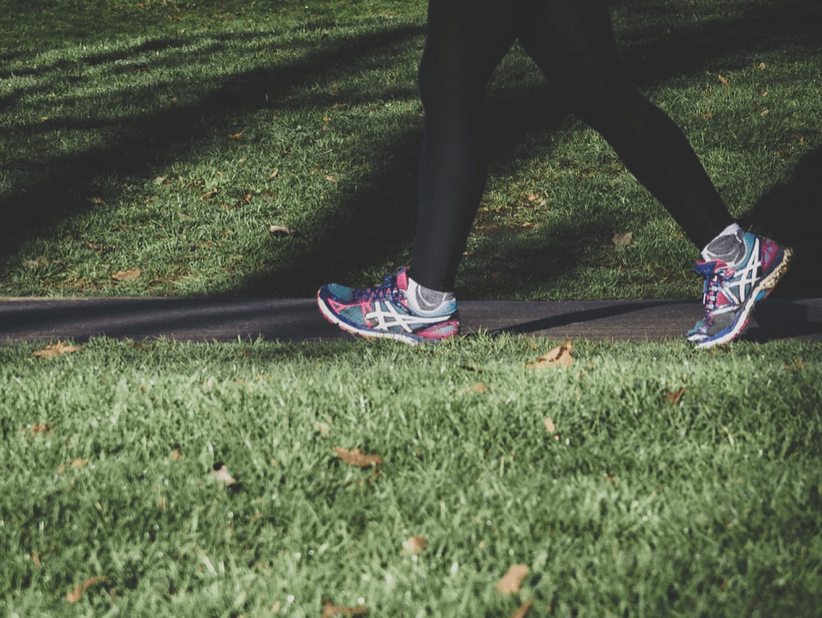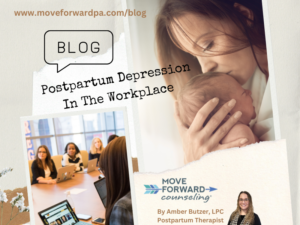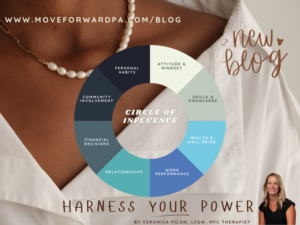Have you ever noticed how you feel after you take a walk? If you were stressed before you started moving, chances are you felt much better after. With National Walking Day coming up on April 7 and having just passed the start of Spring here in Pennsylvania, I thought it would be a great time to talk about the benefits of taking a walk.
Most of us know the typical reasons to take a walk— like reducing weight and improving heart health— but the act of walking can do so much more for our lives.
It calms the brain.
Simply taking a walk in an area with green spaces (which thankfully we are starting to see in PA), can calm your brain, according to a study from the British Journal of Sports Medicine. This might have something to do with the fact that taking a walk is you taking time for yourself, outside of your home or work, away from the typical stressors. I encourage you to put your phone away and listen to the sounds around you, focus on the birds or other happenings in your space. This act of mindfulness can have a great impact on your overall mental health.
It relieves stress.
Any moderate exercise releases stress-busting endorphins. These endorphins are powerful mood lifters and self-esteem builders. The increase in endorphins leads to a reduction in stress hormones and helps to alleviate symptoms of depression.
It allows you to soak up some Vitamin D.
Getting outside, even in the winter, is good for your overall health. Your body produces Vitamin D in response to direct sunlight. This super vitamin assists a number of body processes, including the growth and development of bones and teeth and boosting your immune response. It reduces your chances of getting the flu, according to the American Journal of Clinical Nutrition. It also regulates mood and helps to keep symptoms of depression at bay. It can even help with weight loss.
It reduces fatigue.
Studies show that adding a 20-minute walk to your routine can reduce fatigue by 20-30%. Yes, you read that correctly—moderate movement when you feel like that is the last thing you want to do can actually help you get more energy.
It can be a social activity.
There are a variety of walking groups here in Pennsylvania. They can be found on social media and web outlets like Meetup.com. Walking with a group of people can be a nice way to get out and socialize. It gives you a chance to talk and walk off some of your daily stress. We tend to think clearer and be happier when moderately walking. Consider starting a walking routine with a friend or neighbor, or join a group. Making it a social event can help to keep you accountable and more willing to participate.
It helps you sleep.
Getting that daily walk in can help improve your overall quality of sleep. Moderate movement helps to get your heart going, and as stated above reduces stress and calms the brain. All of which is helpful when it comes to catching some zzz’s.
It improves overall health.
When we exercise we tend to care more about what we put into our bodies, thus improving health. Follow your walk with a healthy meal or snack. Next time you feel stressed choose a walk over a drink with friends or an ice cream cone. Swapping walking for unhealthy coping mechanisms can have a huge impact on your physical wellbeing.
If walking itself isn’t doing the trick for your mental health, meeting with a counselor or therapist can help give you other tools to relieve stress. From meditation, mindfulness, to Cognitive Behavioral Therapy, at Move Forward we have counselors that can help.
Ready to begin counseling in Pennsylvania?
Our professionally-trained and licensed counselors have openings. Just call our office at 717-462-7003×1 and speak to our administrative assistant to get started to feeling better. You can get the tailored help you need right now. We are here for you.






























